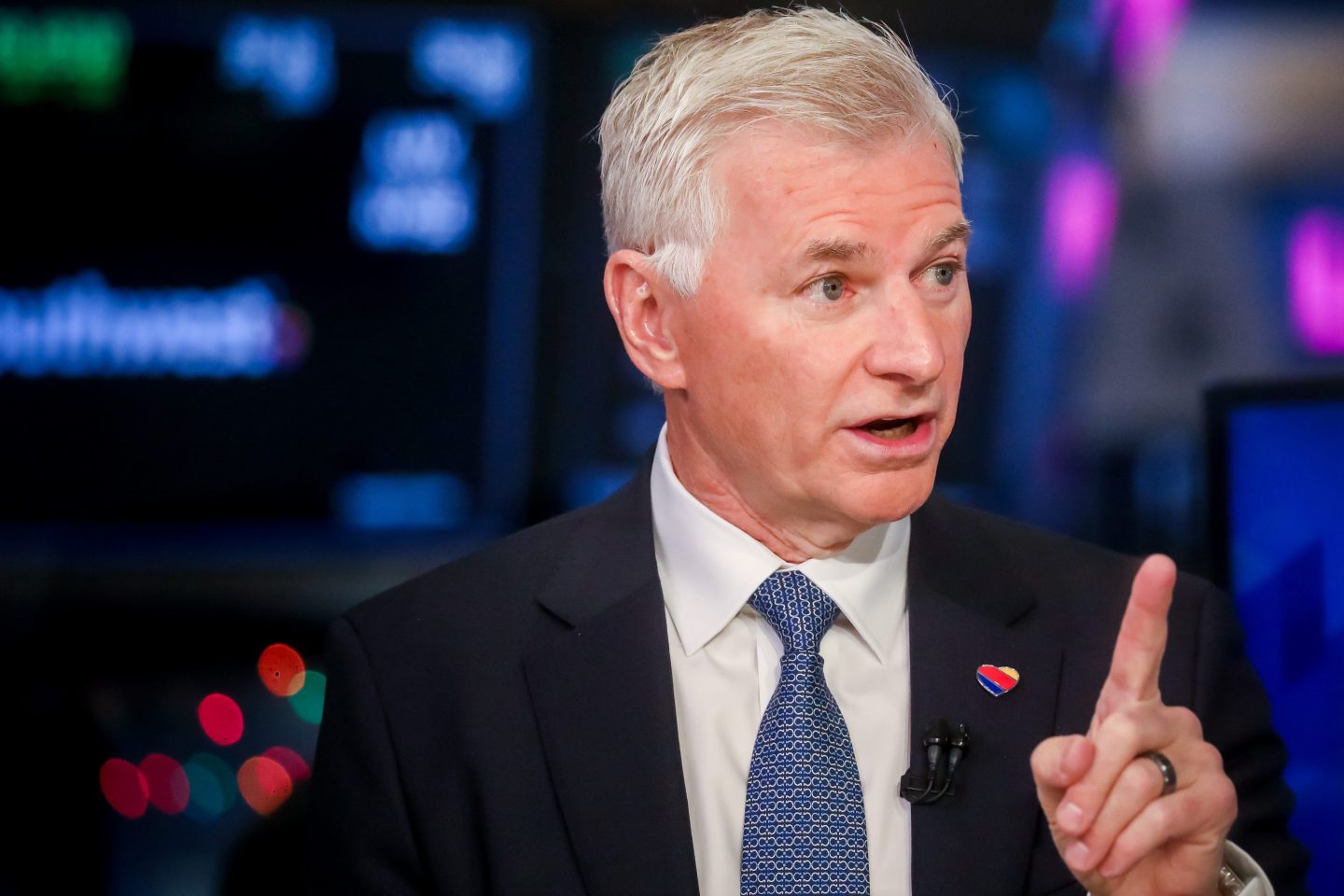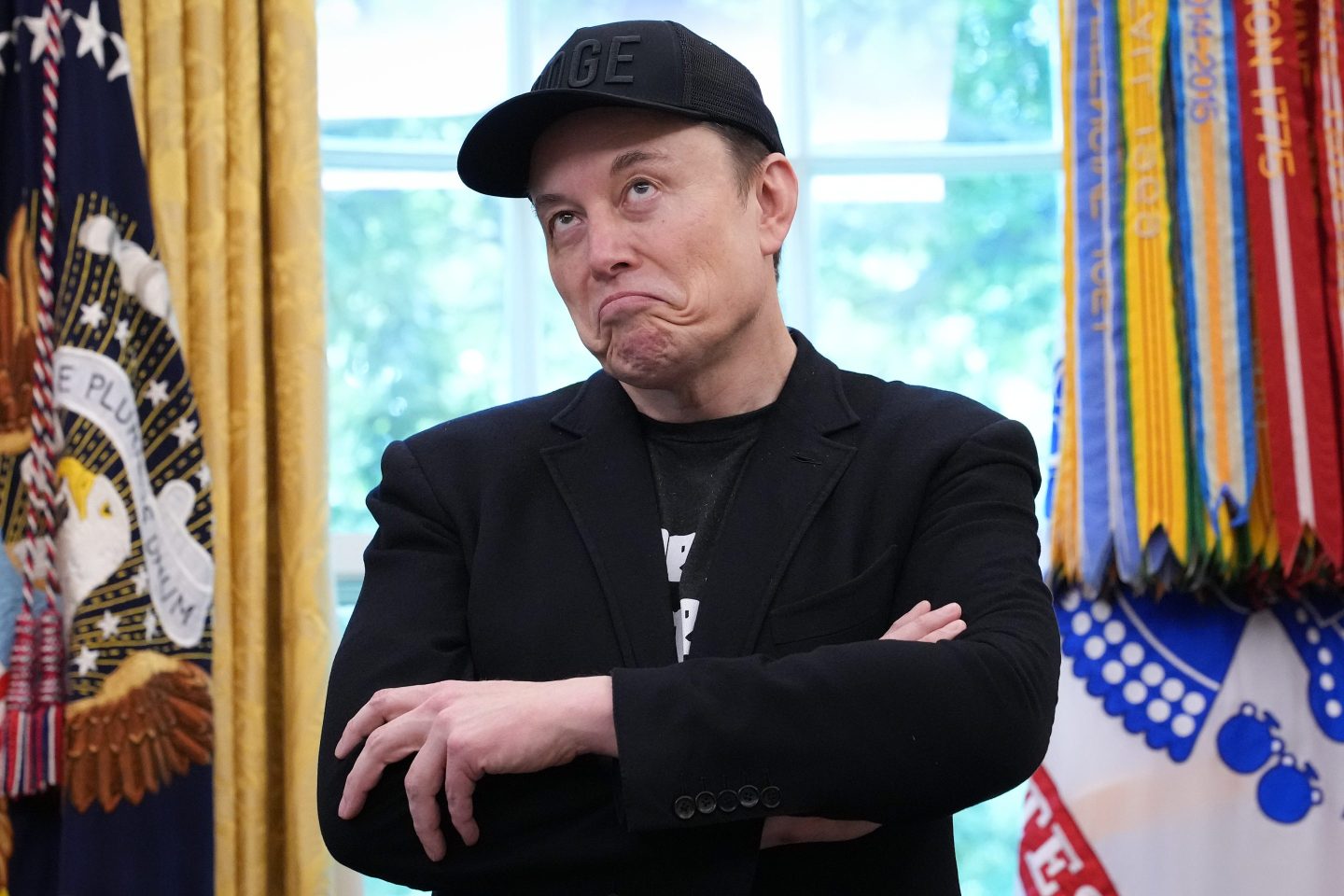Google has reportedly bought a healthcare startup called Senosis Health, which claims to use the existing functions of smartphones to diagnose various ailments.
Senosis says it can use smartphones to detect jaundice in newborn babies, measure hemoglobin in the user’s bloodstream, and measure lung function.
The deal was reported Sunday by Geekwire, which noted the previous successes of company founder Shwetak Patel, a professor at the University of Washington’s computer science and engineering faculty. Patel sold Zensi, his residential energy monitoring startup, to router-maker Belkin in 2010. He sold his environmental sensor firm, WallyHome, to Sears five years later.
Google’s healthcare business is naturally keen on using smartphones as diagnostic tools. Much of its experimental work involves using wearable technology that’s connected to people’s phones, but there’s a big attraction in using the technology that’s already in there—particularly when trying to diagnose people remotely, or in situations where additional technology is scarce but smartphones abound.
Get Data Sheet, Fortune’s technology newsletter.
According to Senosis’s website, the company’s HemaApp product uses a smartphone’s camera to measure hemoglobin, in order to detect and help treat conditions such as anemia and malnutrition, without the need for drawing blood. This one does require an add-on, in the form of an LED lighting attachment.
Bilicam uses the phone’s camera and flash to detect jaundice in babies by “examining wavelengths of light absorbed by the skin.” And SpiroSmart and SpiroCall involve people calling a 1-800 number and blowing into their phone’s microphone, in order to perform lung function tests.
According to Geekwire, Patel and his team—which includes multiple specialists in pediatric medicine—won’t be joining Verily, the life sciences unit of Google parent Alphabet, and it’s not yet clear where they will fit into the Alphabet structure.
Google had not responded to a request for comment at the time of writing.










